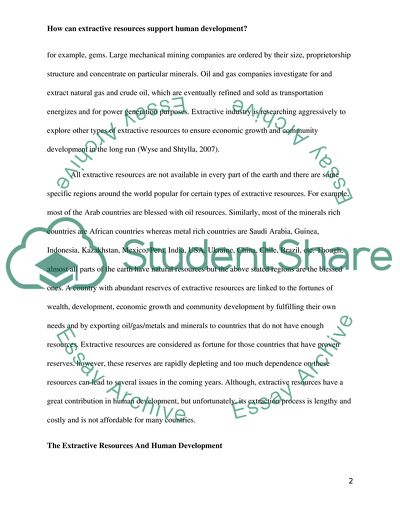Cite this document
(“How can Extractive Resources Support Human Development Research Paper”, n.d.)
Retrieved from https://studentshare.org/sociology/1654196-how-can-extractive-resources-support-human-development
Retrieved from https://studentshare.org/sociology/1654196-how-can-extractive-resources-support-human-development
(How Can Extractive Resources Support Human Development Research Paper)
https://studentshare.org/sociology/1654196-how-can-extractive-resources-support-human-development.
https://studentshare.org/sociology/1654196-how-can-extractive-resources-support-human-development.
“How Can Extractive Resources Support Human Development Research Paper”, n.d. https://studentshare.org/sociology/1654196-how-can-extractive-resources-support-human-development.


